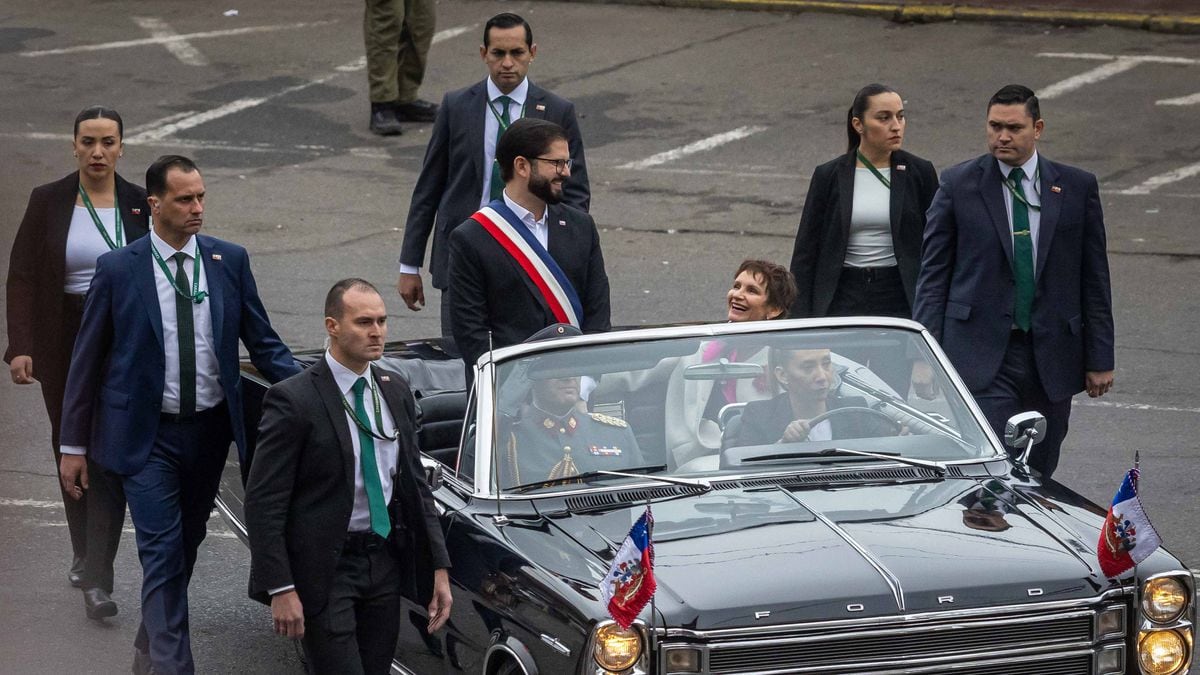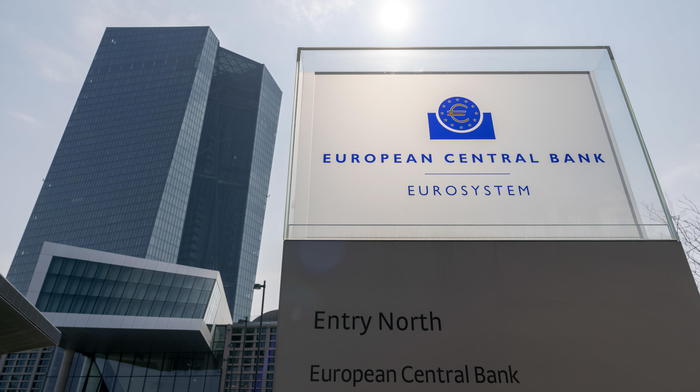During more than 200 minutes of Public Account, the president of Chile, Gabriel Boric, showed his priorities and progress in the administration of national public policy and, above all, tried to emphasize the political disposition with which he will face the next stretch of his mandate.
The long time spent detailing security policies, a priority for citizens; the breakdown of everything that is possible if the tax reform on social rights is approved; the change of scenario for workers based on the agreements reached in the 40-hour workday and an increase in the minimum wage; slamming the door on the isapres [the private health system] in the face of the possibility of a pardon for their undue charges; the need to agree on pension reform. All were aspects in which the president gave himself the space to base the government's decisions and urge rhythms and commitments to the different actors.
With a speech organized around three axes – social security, citizen security and sustainable development – the president sought not only to show measures managed or to be managed, but to install a perspective on the direction of Chile.
Because the presidential accounts are not just an ongoing management report. They are, above all, opportunities to suggest a reading of the political moment and its challenges, to show what the strategy of progress will be and to set a tone in front of one's own ranks, those of the opposition and before the citizens.
The president's account was structurally marked by the call for unity around Chile's priorities (economic, employment, security and social rights such as pensions and health), repeatedly pointing to the confluence between different sectors. "Criminals must know that when it comes to fighting them and supporting the Carabineros and the forces of order, there are no fissures in the Chilean State. There is no government and no opposition; there is no left and right; There are no old and young. We are all united," was the phrase with which he sealed his exhibition on security.
As in no other speech, the importance of agreements that allow changing realities in terms of public policy was highlighted. As in no other speech, the 'resident' placed his executive effort in the long history of the country, as part of a succession of coordinated efforts by the State, which is due to impulses of different political signs and different spheres. The recognition of businessmen, the opposition, previous generations, previous governments, the Armed Forces, the Carabineros, were populating his message.
In addition to the references, throughout his speech, to the agreements and the need for tax reform, the president reserved a space for specific gestures that connect more intensely with his identity matrix. Those were the moments that were given to talk about mental health, pro-equity and pro-diversity policies, the environment and education. It also generated a space to talk about the commemoration of the 50th anniversary of the coup d'état, a space in which a greater level of emphasis and loquacity was allowed, severely criticizing denialism as a form of barbarism and vindicating the commitment to human rights without conditions of any kind, which has been a hallmark of the president also on an international scale.
In short, the tone of the second presidential account was far from the refoundational speeches that characterized his sector during the campaign and the first months, but he takes care of the points of connection with his first circle of support. It is a discourse that seeks to prestige the work from the institutions, and vindicate the will to make the necessary conversations so that collective constructions occur. From that perspective, it has a more social democratic emphasis than they probably would have liked in their first year of government, but that, responsibly, takes charge of the correlation of forces in which the ruling coalition remains from the elections of May 7, in which the constitutional instance of Chile is left with a republican and right-wing majority. It is a message of political realism in which the president begins to outline what will be the workhorses by which he hopes his management will be measured.
Ximena Jara is co-author of Fantasmas de palacio. Writers of presidential speeches in Latin America and led the content team of the second government of Michelle Bachelet






/cloudfront-eu-central-1.images.arcpublishing.com/prisa/R6H76FX6DRFCLLFRZWPKD36OJE.jpg)








